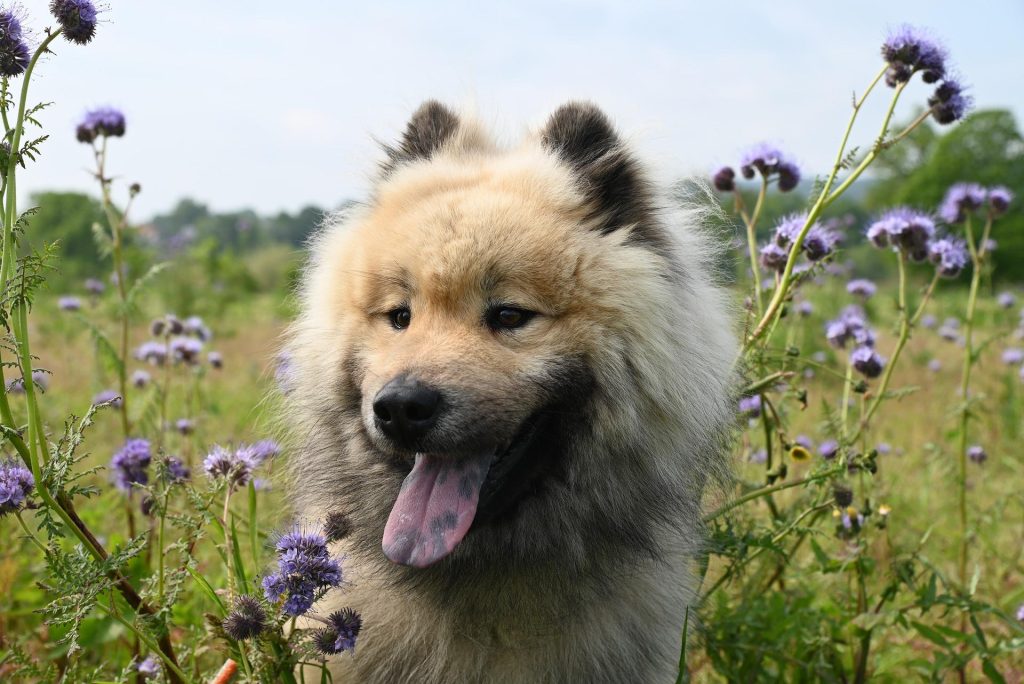It’s taken a couple of months to get there, but animal registration is now the law in the City of Gadsden.
The City Council in a unanimous vote on Tuesday amended an ordinance passed in July. The amended ordinance requires dogs or cats aged six months or older within the city limits to be spayed or neutered and also mandates pet registration and annual licenses.
That addendum is effective immediately, although pet owners will have a 30-day grace period to comply. Information about the process is still pending from the city.
The proposal also requires commercial animal breeders to obtain a city permit in addition to a business license.
It was first discussed by the council in August, but was tabled multiple times — most recently on Oct. 3 — as members of the Public Safety Committee, with council member Dixie Minatra in the lead, sought community input in drawing up a final version.
Council member Jason Wilson, chairman of that committee, said it came “after several weeks and a lot of hard work by individuals in this community and a lot of feedback from the vested parties in this community, trying to address the animal population issue.”
That issue has been particularly acute in Gadsden, with packs of animals roaming some neighborhoods and injuring residents and literally preventing them from leaving their homes. Animal shelters are also bulging at the seams with strays.
Pet owners in the registration process must provide their name, address and phone number; the name, color, breed, gender and other identifying characteristics of their animal; and proof that their animal has been inoculated against rabies.
The hope is having that information on file will allow Animal Control to return animals to their owners should they get loose, instead of hauling them to a shelter.
The registration fee is $5 annually or $10 lifetime for each animal if they’re spayed or neutered (proof of sterilization signed by a licensed veterinarian must be provided, or the animal must be examined by an animal control officer to verify), and $50 annually if they aren’t.
Owners will receive a tag or a decal for their animal’s collar.
Those who have an annual income of $35,000 or less or draw Medicaid, Social Security Disability or Supplemental Nutrition Assistance Program benefits will receive free lifetime licenses for their animals if the pets are spayed or neutered.
Commercial breeder permits are $200 annually, and must be purchased by any person or business that breeds one or more domestic dogs or cats or offers one or more dog or cat for breeding or stud purposes that produces three or more litters a year, or offers puppies or kittens from breeding activities.
There’s a $5 late fee for renewals more than 30 days after a pet license or breeder permit expires.
Funds received from licenses and permits will be split evenly between the city’s Animal Control operations and a spay/neuter program to be set up through the Humane Society Pet Rescue and Adoption Center.
The revised ordinance also codifies four exemptions to the spay/neuter requirement:
• Animals incapable of breeding or medically unable to undergo a sterilization procedure;
• An animal either active with or retired from a law enforcement agency or a search and rescue team;
• An animal that is breed-approved by and registered with the American Kennel Club or a similar organization, that is actively competing and has taken part in at least one sanctioned exhibition or competition in the last year;
• A service animal that meets the definition in the Alabama Code;
• Animals in the care of a licensed rescue organization.
Owners of unlicensed animals, or those with expired licenses, who are picked up by Animal Control are subject to a $100 fine for the first offense, $200 for the second and $300 for the third. If the animal isn’t spayed or neutered, they’re subject to a $500 fine.
Council President Kent Back said it’s been a “long, arduous process,” and agreed with Wilson’s consistent admonitions throughout that the city isn’t likely to get it “100% right” from the outset on the animal problem, and revisions may be needed.
“But there has to be some kind of action taken with the untenable problem we’re having with cats and dogs,” he said. “So, please bear with us as we move forward on this, and be mindful of others and be mindful of your pets.
“That’s what they are, pets,” Back said. “They’re not (just) cats or dogs or animals. They’re a family member, so please treat them justly and it’ll make everyone’s job a lot easier.”

